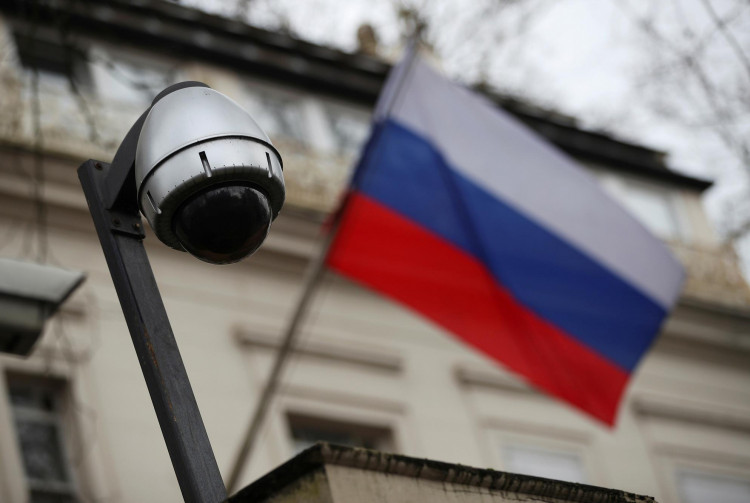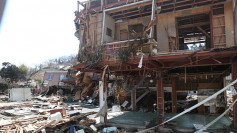Russian health authorities have denied the existence of a new or unidentified virus circulating in the country, following reports of patients coughing up blood and suffering persistent respiratory symptoms despite testing negative for COVID-19 and influenza. The speculation, which first emerged on the Telegram channel SHOT and spread through Russian media, has triggered growing concern across several regions.
Rospotrebnadzor, the Russian agency responsible for public health oversight, said Monday there was "no evidence of a new or unidentified virus circulating on the territory of the Russian Federation." The agency added, "The situation is under the strict control of Rospotrebnadzor."
Reports of unusual respiratory cases surfaced on March 29, with patients in cities including Moscow and St. Petersburg complaining of high fever, chest pain, and debilitating coughs. Some, like a woman identified only as Alexandra, told SHOT that "by the fifth day of illness, she began coughing up blood" and said that antibiotics had no effect. Eventually, doctors diagnosed her with Mycoplasma pneumoniae, a bacterial infection known to cause walking pneumonia.
The rumors have persisted online, with users describing persistent fevers lasting three weeks and severe coughing fits that reportedly outlasted their COVID-19 infections. One user posted, "The cough hasn't gone away for over a month," while another wrote, "It's a nightmare, my ribs are already hurting from the cough, it's impossible to eat."
Doctors cited by local outlets said the illness could be attributed to common bronchial conditions. "This disease is primarily bullous, bronchitis because bullae begin to form in the lungs, the inflammatory process occurs directly in the bronchi and lungs," one physician said, noting that ulcer-like inflammation had been observed in the lungs of some patients. Others suggested Mycoplasma pneumonia as the likely cause.
Russian officials have emphasized that current genomic surveillance systems have not detected any new viral strains or mutations. "There is a decrease in the incidence of ARVI and influenza by 10.8 percent for the last week," Rospotrebnadzor stated, adding that COVID-19 cases were down 20.2 percent from the previous week.
Gennady Onishchenko of the Russian Academy of Sciences urged caution, saying, "Most likely, there is no virus there, let's not hype it up now, but let's look at the data of at least one study."
Despite the official denial, the reports have reignited public skepticism toward Russian health institutions. During the COVID-19 pandemic, nearly half of surveyed Russian doctors expressed reluctance to take the Sputnik V vaccine, citing transparency concerns. That backdrop has amplified distrust around the current respiratory outbreak.
News outlet Newizv.ru reported that doctors were listing many of these recent illnesses as "acute upper respiratory tract infection of unspecified origin" on medical forms. Ambulance calls have been advised if symptoms worsen.






